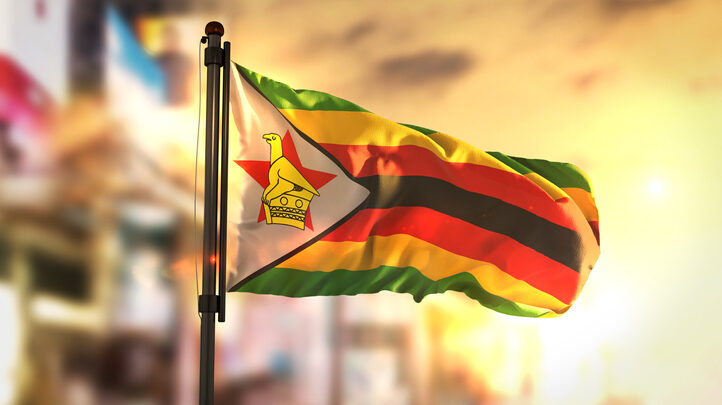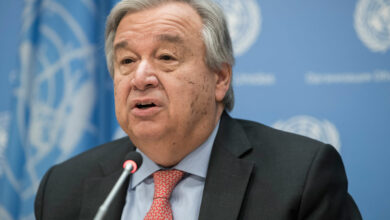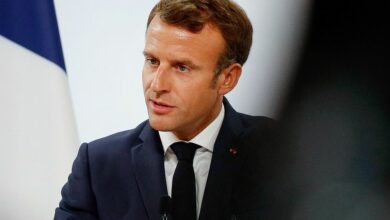World
Zimbabwe: MDC Calls Off Anti-Government Protest In Harare After Court Ruling

Zimbabwe’s main opposition party, Movement for Democratic Change (MDC), has reportedly called off an anti-government street protest planned for Friday after losing a court challenge, as police set up roadblocks and barred access to the party’s offices in the capital, Harare, reported Reuters. The troops occupied a square where opposition supporters were set to gather before the beginning of the march.
The MDC has accused President Emmerson Mnangagwa led government of corruption and economic mismanagement. Mr Mnangagwa came to power in November 2017 after long-time leader Robert Mugabe was ousted in a military coup.
The opposition party had planned a series of street demonstrations to protest at Zimbabwe’s worsening economic situation, which has seen power cuts of up to 18 hours a day, rising inflation and the return of the Zimbabwe dollar. The first rally was due to be held in Harare, and then in five regional centers.
But, on Thursday, the police banned the protest planned for Harare on Friday, saying it would turn violent, and warned that anyone taking part would be committing a crime. The MDC went to the court calling out for lifting of the police ban on its demonstrations.
But, early on Friday, a High Court judge dismissed the application by the party to overturn that ban. After the court’s ruling, MDC spokesman Daniel Molokele said the party has called off the demonstration in the capital. But, protests planned next week in other cities would still go ahead.
“Life in Zimbabwe today is worse than it was under Robert Mugabe,” MDC politician Fadzayi Mahere told the BBC. “People are marching against the continued hardship that they face. The cost of living has soared exponentially, we’re back into hyperinflation.”
In January, around 12 people were killed in the rallies against fuel price increases. The rallies resulted in deadly clashes with the police troops.






